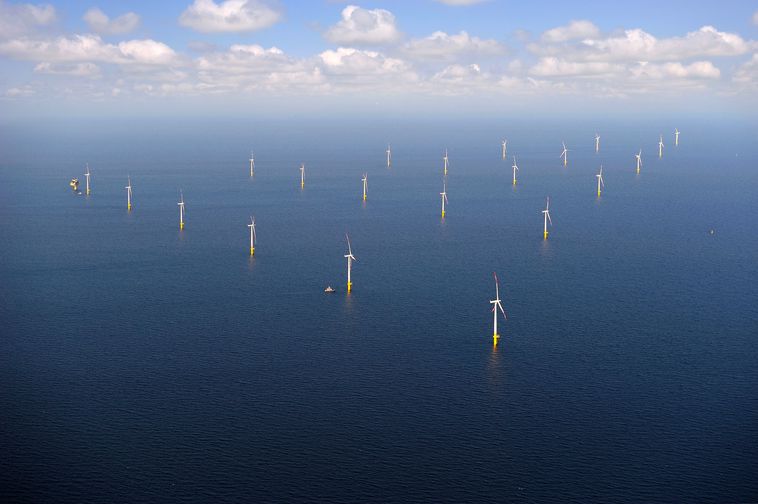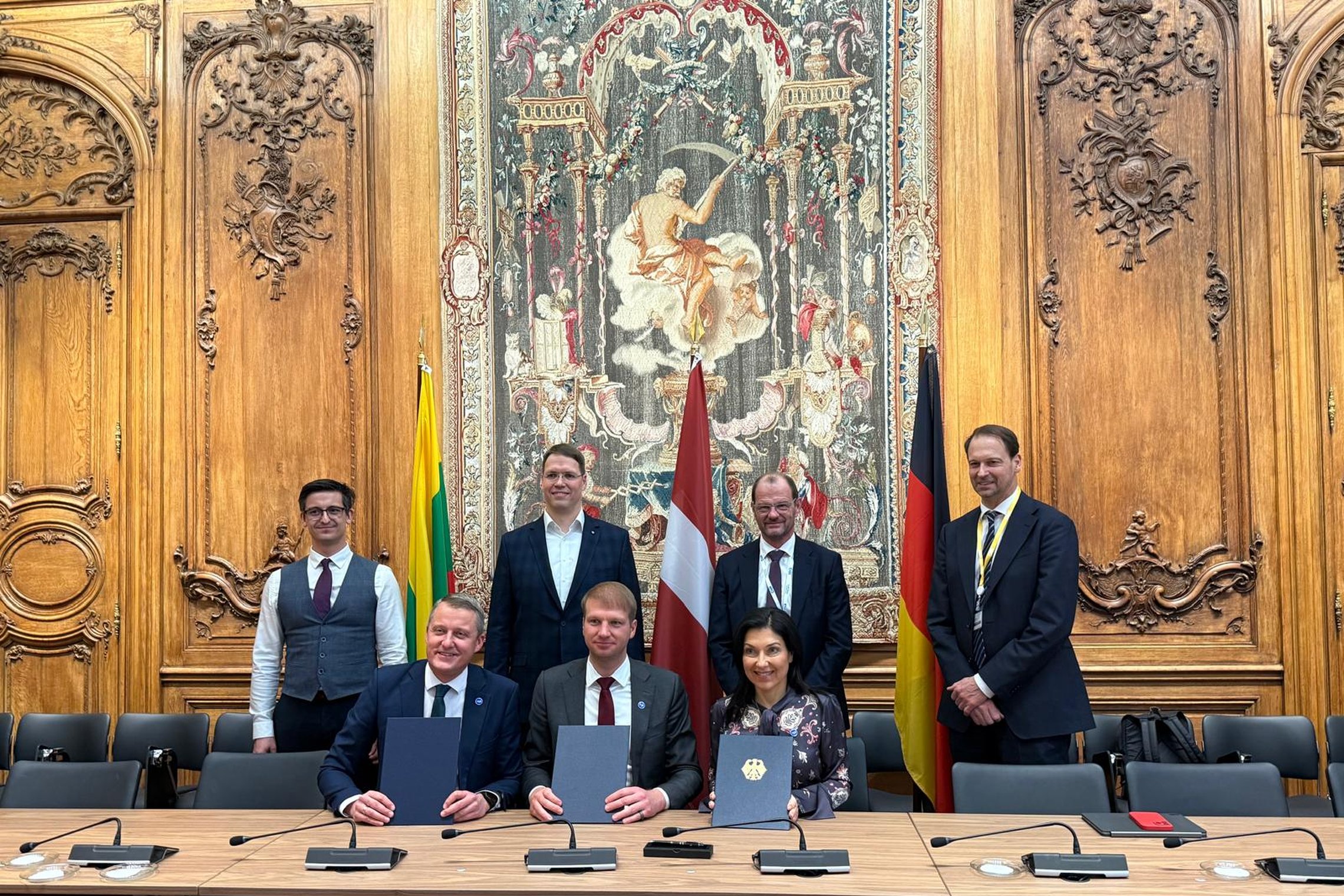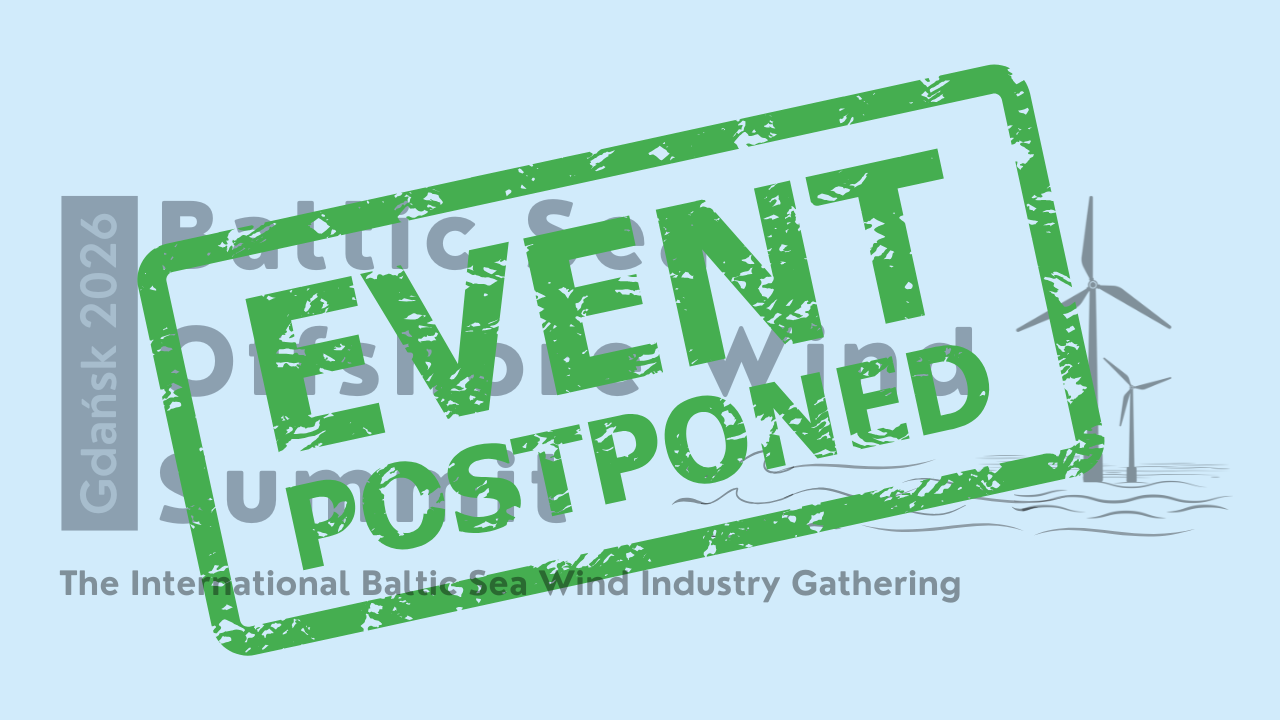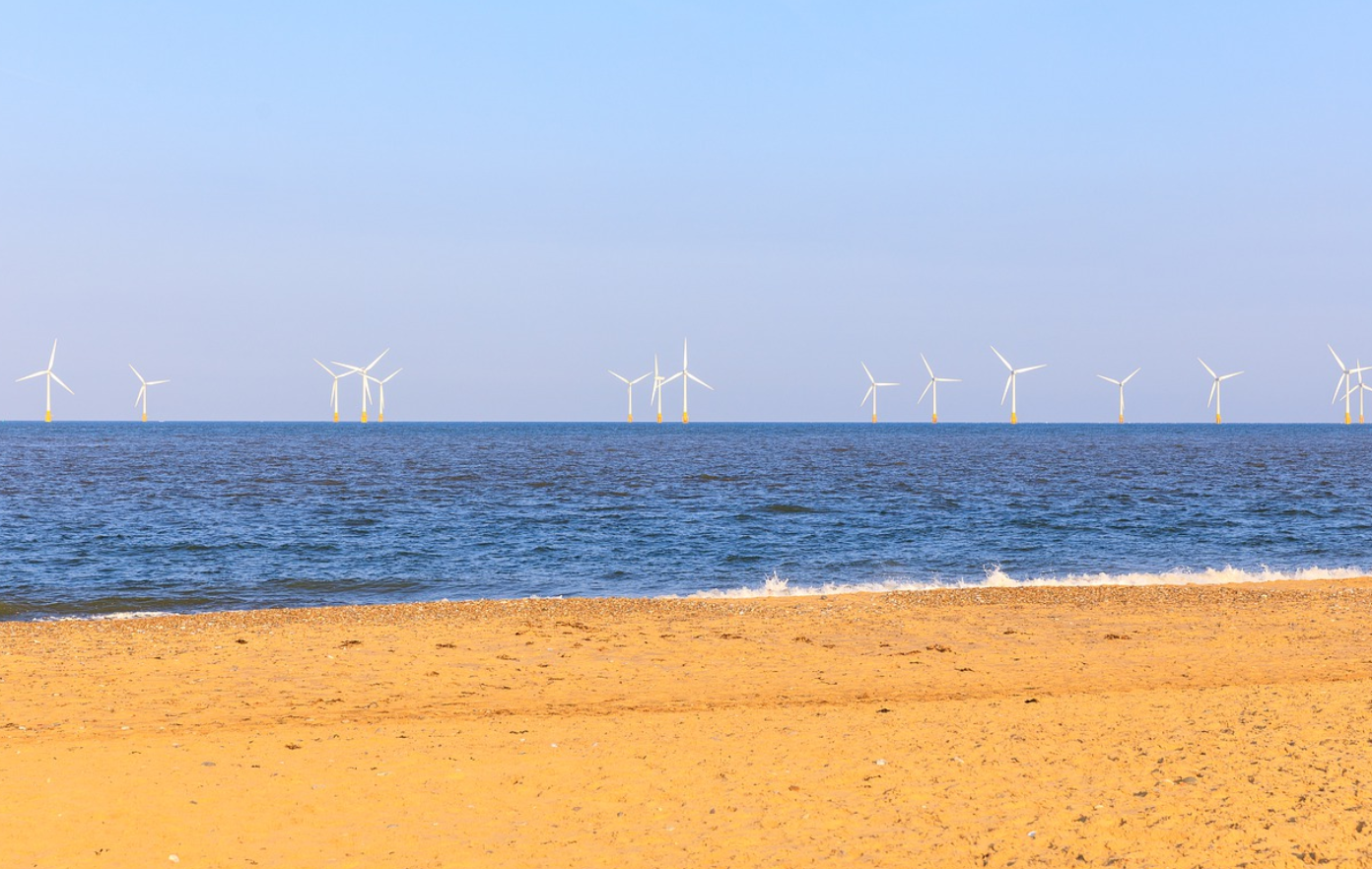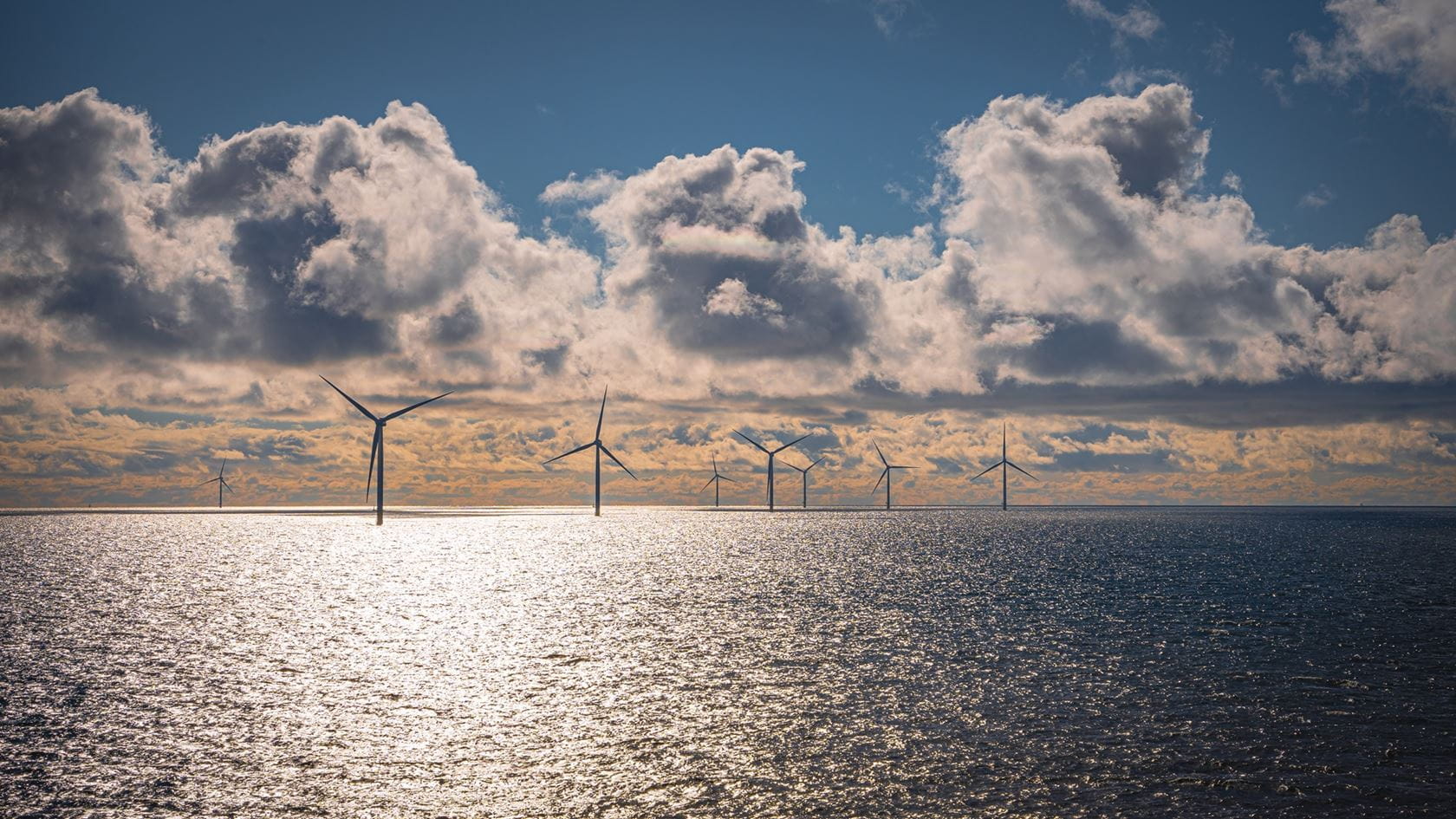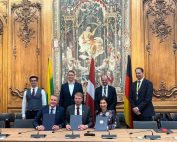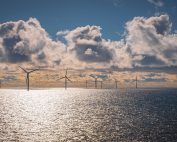Nine environmental organizations made a joint statement on the draft land use plan in Germany. They state unanimously that it is necessary to develop maritime areas, but in a more sustainable way.
The environmental organizations BUND, DEEPWAVE, DNR, Fair Oceans, Greenpeace and NABU, Wadden Sea Conservation Station, Whale & Dolphin Conservation and WWF are calling in a joint statement for the sustainable use of Germany’s seas without endangering protected areas.
– The German North Sea and the Baltic Sea are already among the most industrialized maritime areas in the world and their ecological condition is poor. The new Maritime Spatial Development Plan for the German Exclusive Economic Zone is intended to compensate for this – but the final draft is different, the release reads.
The representatives of the organization emphasize that the increase in the use of the North Sea and the Baltic Sea cannot take place at the expense of animals and their habitats. They explain that the extraction of raw materials, the construction of pipelines, military exercises, shipping and fishing are already taking place in protected areas. The current development plan for German maritime areas no longer excludes the expansion of offshore wind energy in protected areas. – This is a huge step backwards from the current plan from 2009 – they enumerate in the statement.
In the Doggerbank Nature Reserve itself, the largest sandbar in the North Sea and an important habitat for seabirds, sharks and whales, the planning project foresees the expansion of wind turbines to 6 GW. This means that at least one third of the protected area will be built-up. Organizations indicate that the red line has already been crossed.
Before the upcoming elections, the Federal Ministry of the Interior would like to adopt a regional spatial zoning plan by ordinance along with the technical development of the Federal Maritime and Hydrographic Agency in consultation with the other ministries involved. There is much doubt as to whether this can be achieved due to the many misunderstandings and conflicts of interest that arise within the plan. The EU Directive on Maritime Spatial Planning (2014/89) states that Member States’ national spatial zoning plans should contribute to achieving good environmental status, in line with the EU Marine Strategy Framework Directive (2008/56).
The new draft of the German spatial development plan has been consulted since 2019, the third phase with public participation lasted until June 25, 2021, during which the version of the plan from June 2, 2021, was consulted.
